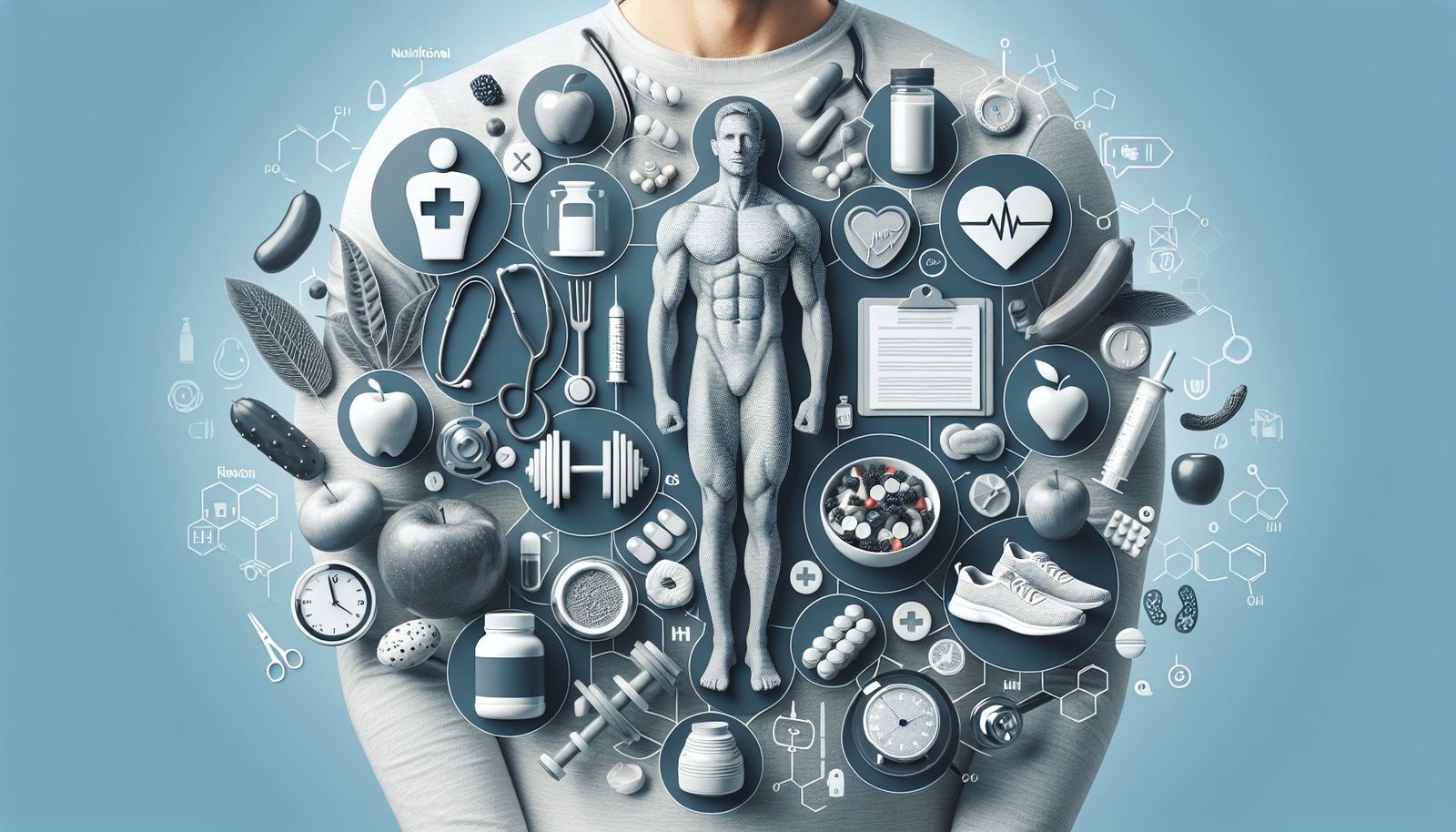
Understanding Men’s Health: A Comprehensive Guide
Men’s health is a critical area of concern that encompasses a wide range of issues impacting the physical, mental, and emotional well-being of men. It is essential to understand the unique health challenges men face and the importance of proactive health management. This guide aims to provide a detailed overview of men’s health, including common health issues, preventive measures, and expert recommendations.
What is Men’s Health?
Men’s health refers to the spectrum of health conditions and preventive care specific to men. It includes physical health concerns like cardiovascular disease, prostate cancer, and mental health issues such as depression and anxiety. Understanding men’s health involves recognizing the biological, social, and psychological factors that affect men’s overall well-being.
Key Areas of Men’s Health
1. Cardiovascular Health: Heart disease remains the leading cause of death among men. Regular check-ups, a balanced diet, and physical activity are critical for maintaining heart health.
2. Prostate Health: Prostate cancer is a significant concern, especially for men over 50. Early detection through regular screenings can lead to better outcomes.
3. Mental Health: Men are less likely to seek help for mental health issues, yet conditions like depression and anxiety are prevalent. Encouraging open discussions and reducing stigma is vital.
4. Sexual Health: Conditions such as erectile dysfunction and low testosterone can impact quality of life. Treatments and lifestyle changes can manage these issues effectively.
Preventive Measures for Men’s Health
Preventive care is the cornerstone of men’s health. By adopting healthier lifestyles and getting regular screenings, men can significantly reduce their risk of chronic diseases.
– Regular Physical Activity: Engage in at least 150 minutes of moderate aerobic exercise or 75 minutes of vigorous exercise each week.
– Balanced Diet: Focus on a diet rich in fruits, vegetables, whole grains, and lean proteins. Limit processed foods, saturated fats, and sugars.
– Routine Check-ups and Screenings: Regular health check-ups and screenings for blood pressure, cholesterol, diabetes, and cancer are crucial.
– Mental Health Awareness: Practice mindfulness, manage stress, and seek professional help when needed.
Mechanisms of Action and Indications for Use
Understanding medications and treatments used in the management of men’s health issues is essential:
– Blood Pressure Medications: These drugs help manage hypertension by relaxing blood vessels and reducing the heart’s workload.
– Testosterone Replacement Therapy (TRT): Used for treating low testosterone levels, TRT can improve energy, mood, and sexual function.
– Antidepressants: These medications can help manage depression and anxiety by balancing neurotransmitters in the brain.
Possible Side Effects and Recommendations
While treatments can be beneficial, they may also have side effects. It is crucial to consult healthcare professionals before starting any medication.
– Blood Pressure Medications: May cause dizziness, headaches, or fatigue. Regular monitoring and doctor consultations are advised.
– TRT: Potential side effects include sleep apnea, acne, and increased risk of heart disease. Regular follow-ups with a healthcare provider are necessary.
– Antidepressants: Possible side effects include nausea, weight gain, or sexual dysfunction. It is important to discuss these with a doctor.
Expert Comments
Dr. John Smith, a renowned cardiologist, emphasizes, “Men need to take their health seriously. Regular check-ups and a healthy lifestyle can prevent many chronic conditions.”
Pharmacist Emily Davis adds, “Understanding the medications and their side effects empowers men to make informed decisions about their health.”
Conclusion
Men’s health is a multifaceted field that requires attention and proactive management. By understanding the key health issues and taking preventive measures, men can lead healthier and more fulfilling lives. For more information on men’s health products and to purchase recommended supplements, visit our link.
References
– American Heart Association
– National Institute of Mental Health
– Mayo Clinic
– Centers for Disease Control and Prevention (CDC)
